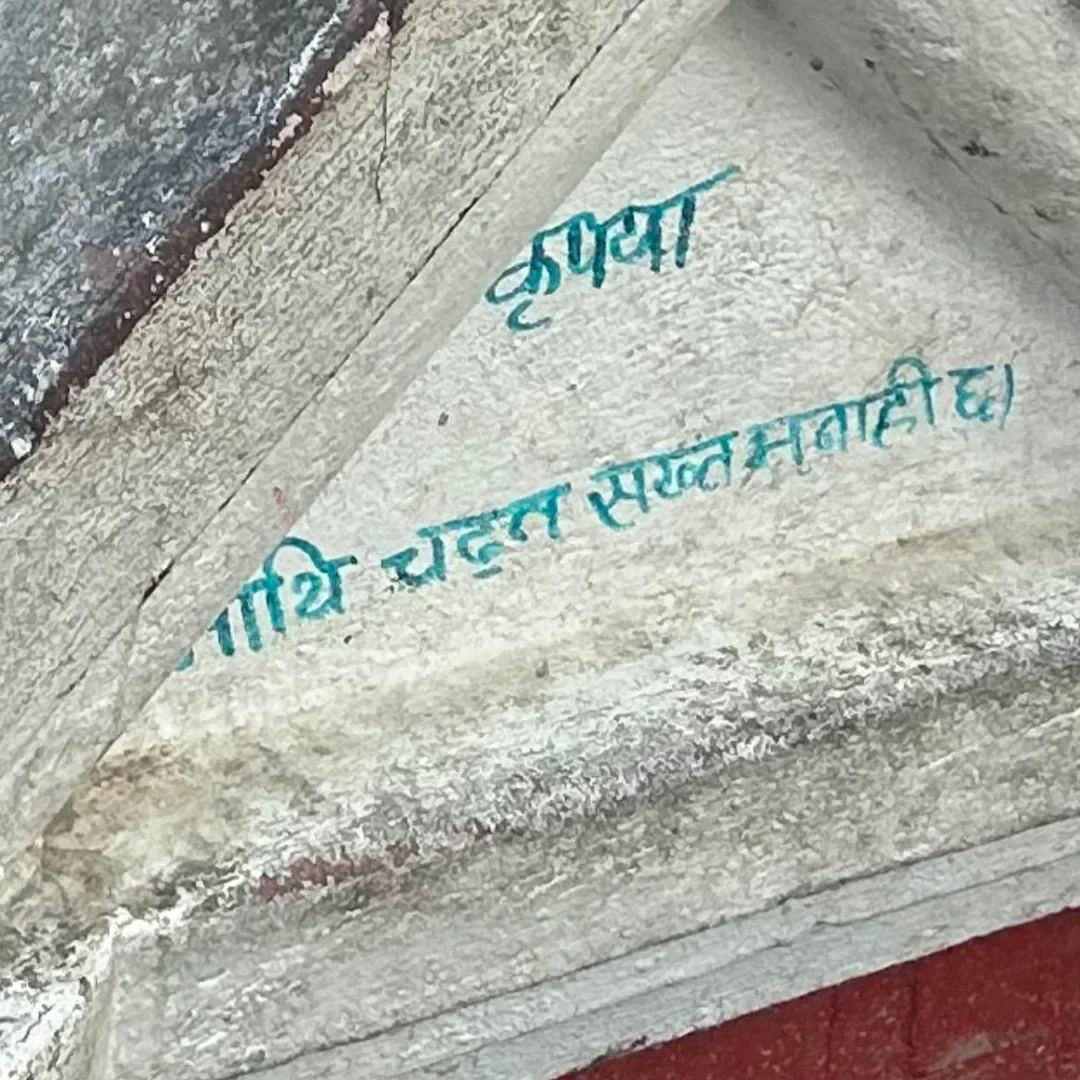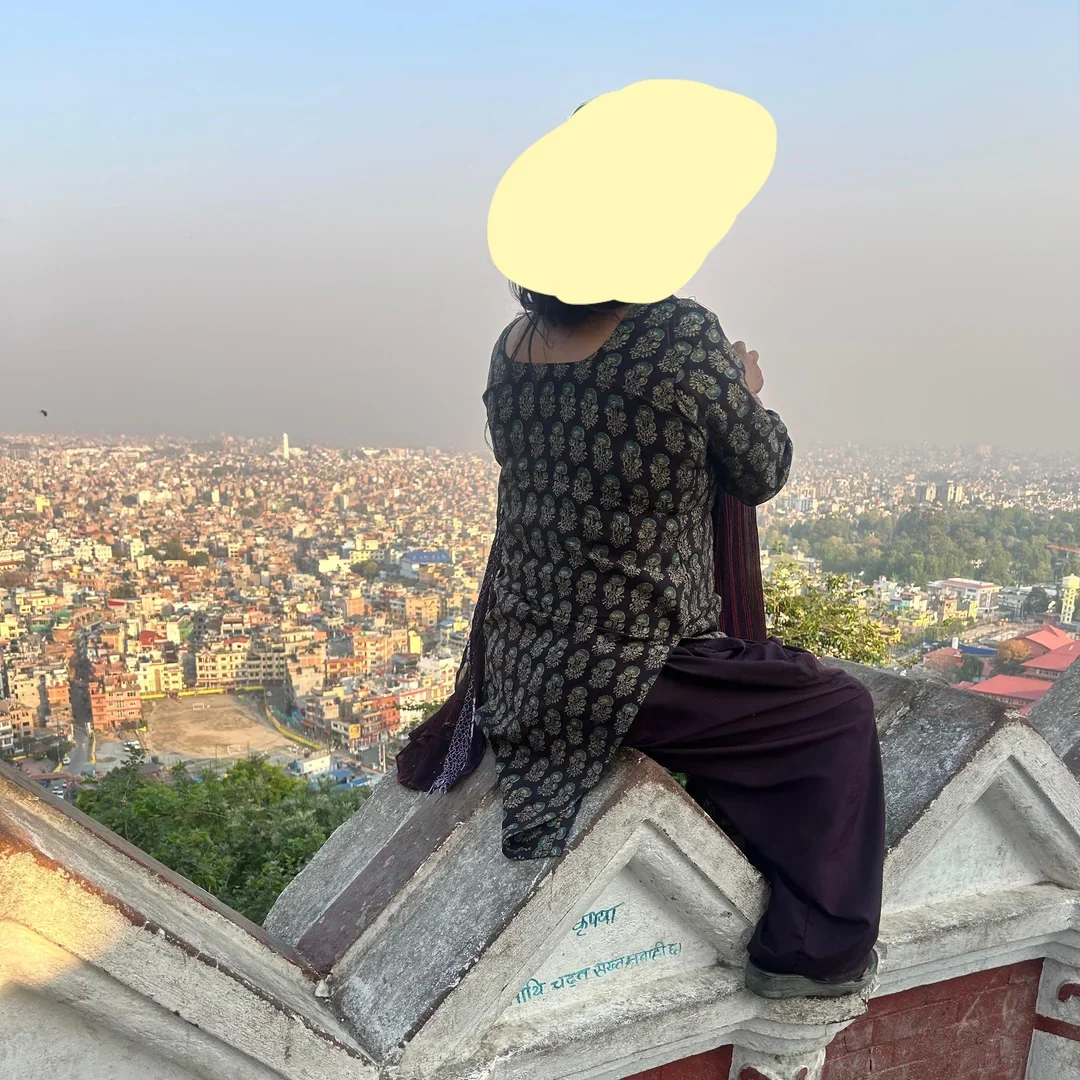Civic sense goes beyond just obeying rules, it’s about practicing personal responsibility, showing respect for others, and taking care of our shared environment. In rapidly urbanizing places like Kathmandu, a lack of civic sense leads to problems like littered streets, clogged drainage, and growing health risks. But it doesn’t have to be this way.


What Is Civic Sense?
Civic sense refers to behaviors that reflect respect for public property and other people. It includes actions like using dustbins, not spitting in public places, following traffic rules, and maintaining hygiene in shared spaces.
Why Is It Often Missing?
Many people grow up without being taught the importance of civic habits. Factors like poor education, lack of awareness campaigns, insufficient infrastructure, and weak law enforcement contribute to low civic discipline. Often, people keep their homes clean but feel no responsibility toward roads, parks, or public places.
What Happens When Civic Sense Fails?
When civic sense is lacking, cities suffer. Some consequences include:
- Piles of garbage on the streets
- Public spitting and urination
- Reckless traffic and frequent accidents
- Increase in air, water, and noise pollution
- Higher spread of infectious diseases
The Ripple Effect of Good Habits
You don’t need to start a big campaign, small changes go a long way:
- Use dustbins and avoid littering
- Do not spit in public places
- Follow basic traffic rules
- Stop using single-use plastics
- Keep your surroundings clean
- Remind friends/family politely if they forget
Teach It Early: Homes and Schools Matter
Children watch and learn from adults. If families and schools teach civic values early on, it builds a foundation for responsible future citizens. Civic sense should be as important as academic learning. By instilling habits like proper waste disposal, respecting public spaces, following traffic rules, and treating others with kindness, we nurture individuals who grow up with a strong sense of community and accountability. Just as math or science prepares children for careers, civic education prepares them to become thoughtful, respectful, and engaged members of society — the kind who help shape cleaner, safer, and more compassionate cities.

Conclusion: It Starts With Us
Cleaner cities don’t happen overnight, and they don’t happen only through government actions. Every citizen has a role to play. Let’s start with our own habits, lead by example, and inspire others. Together, we can make our neighborhoods and our nation—a cleaner, healthier place to live.
